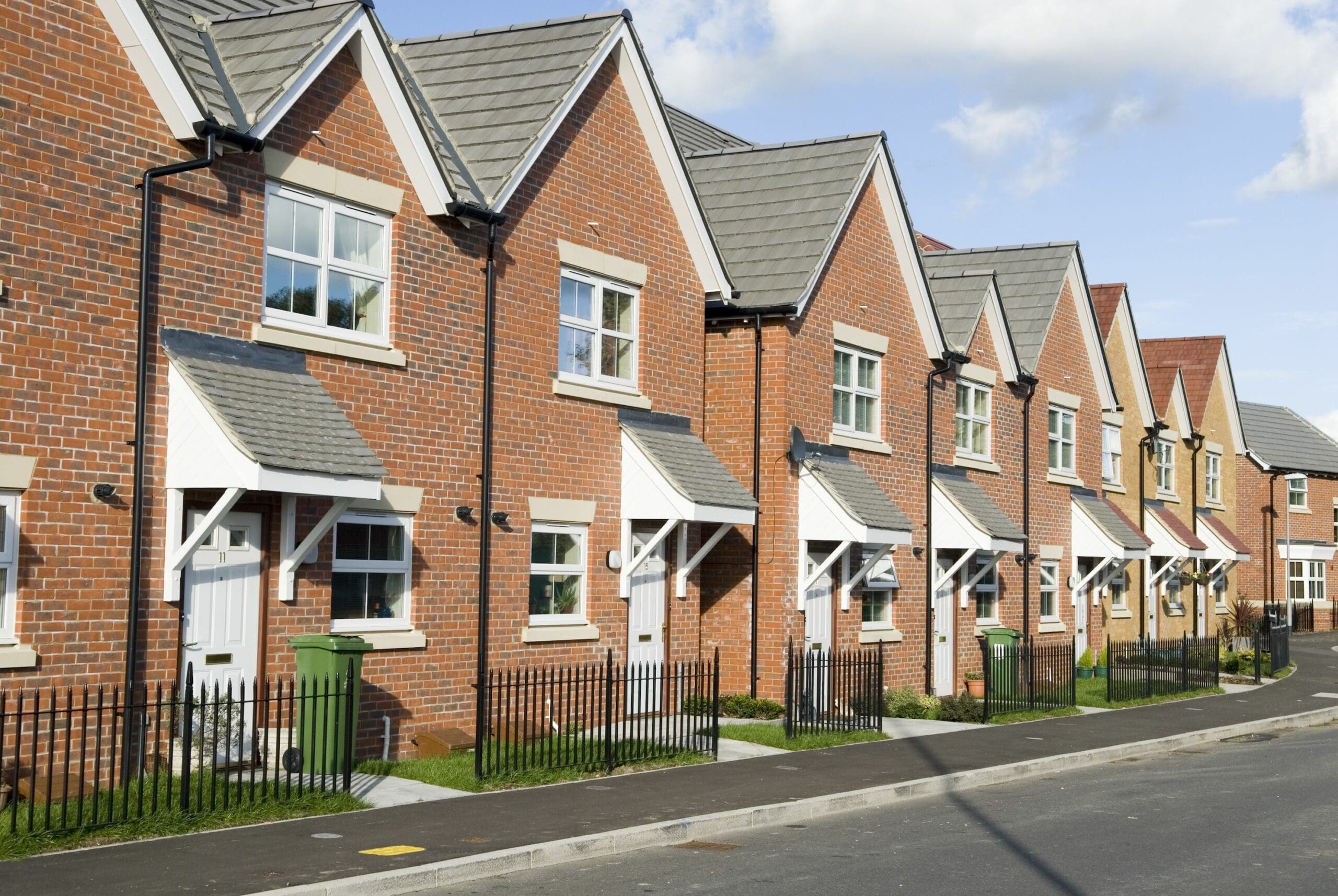Probate-accountable properties could be eligible for a year of council tax exemption
The UK government is exploring the idea of granting temporary exemptions to properties awaiting probate from the increase in council tax surcharges for vacant or second homes in England. The surcharges were first introduced in 2013 and were later increased in 2018 for homes left empty for two to five years.
As part of the Levelling Up and Regeneration Bill currently under development, these existing long-term empty homes premiums will be further increased, and a new premium on second homes will be introduced.
Starting from the 2024/25 financial year, dwellings that remain unoccupied and substantially unfurnished for a continuous period of at least one year will be subject to the council tax premium. However, the government recognises that there should be exceptions to these premium charges and is seeking input through consultations to determine suitable exemptions.
According to the Society of Trust and Estate Practitioners (STEP), properties left unoccupied due to the death of the owner or tenant, with no one liable for council tax except for an executor or administrator, are currently exempt from council tax until probate is granted. After probate is granted, a further exemption period of up to six months, known as “Class F exemption,” is possible if the property remains unoccupied and unsold. After that, regular rules on council tax for empty properties apply.
The government is considering extending exemptions for up to 12 months for properties left unoccupied while awaiting probate, starting from the date probate or letters of administration are granted. Another exemption will apply to empty properties actively marketed for sale or rent, subject to council tax surcharge after one year of vacancy, instead of the current two-year period.
STEP suggests that if a property is both awaiting probate and put on the market for sale or let, the owner could apply for both the probate exception and the “sales or let” exception, granting a maximum exemption period of up to 18 months. Additionally, properties undergoing major repairs could be exempt for up to six months, provided the necessary repair work is being undertaken.
It is important to note that these proposals apply specifically to England, as local councils in Wales retain the power to charge up to 300% council tax on all secondary homes and long-term empty properties.
